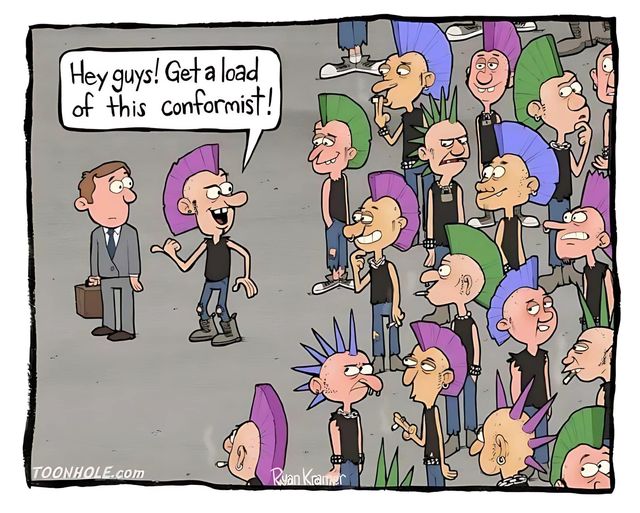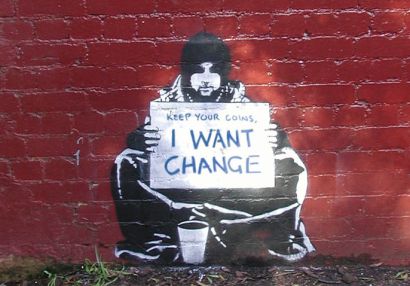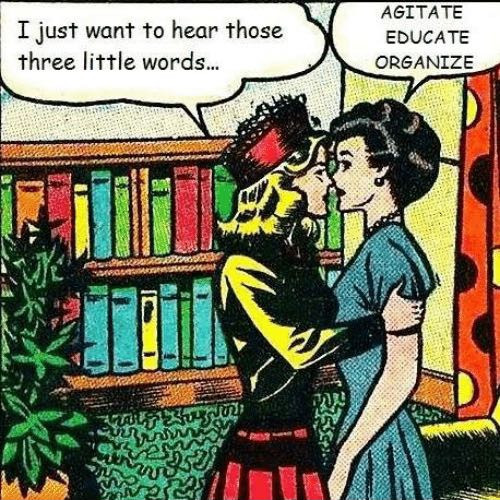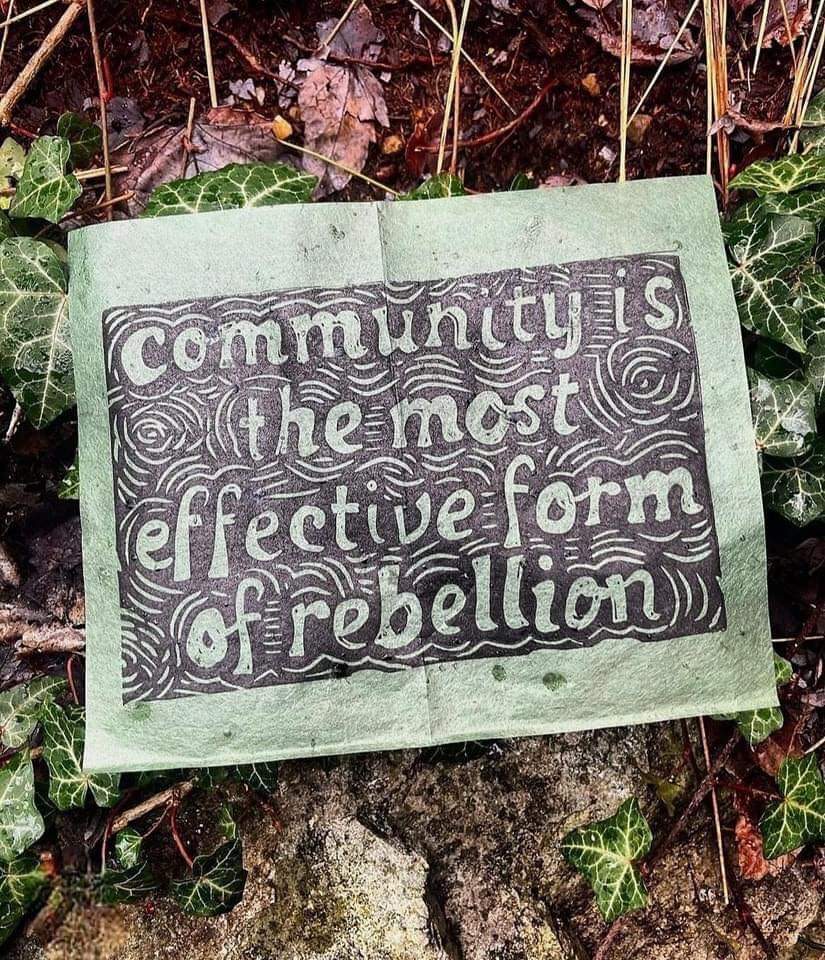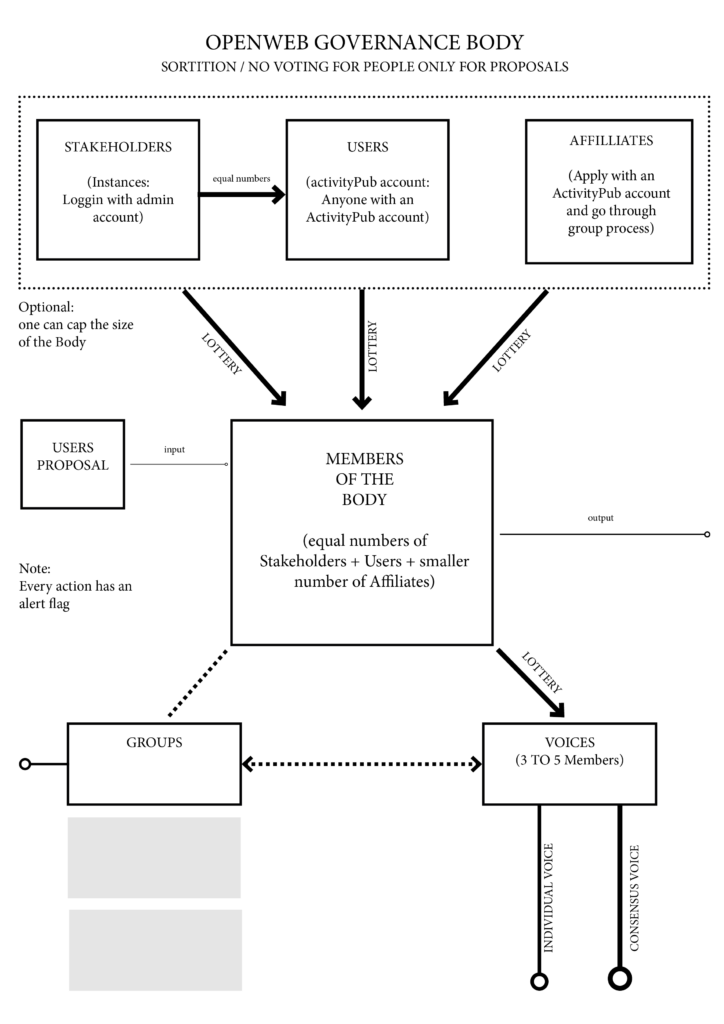“The problem with most fashernistas is that they are completely untrustworthy. Yet, people trust them because they push #mainstreaming “common sense” this is the definition of evil, what to do? Ideas please?”
The problem with most #fashernistas lies in their prioritizing of style, superficial appeal, and “common sense” #mainstreaming over substance and integrity. Their actions are too often driven by appearances and short-term gains, rather than the principled foundations necessary for long-term trust and genuine change and challenge that we need. This creates a facade of credibility, enabling them to gain influence while undermining collective efforts. How to compost this mess:
- Expose the tension between trust and Influence by highlight the contradictions. Make clear how focus on mainstreaming compromises values, transparency and inclusivity. Use storytelling and case studies to show how #fashernistas to often derail projects.
- Embed trust in processes over personality, that is, build systems where influence is based on contributions and adherence to principles rather than charisma or status. Use the #4opens to ensure actions align with open processes, open data, open standards, and open licenses. These principles can create accountability that individuals find hard to circumvent.
- Empower alternatives, by actively amplify contributors who are trustworthy, even if their approach lacks the flashiness of fashernistas. Build in feedback loops to create mechanisms for communities to critique and shape direction collectively, minimizing the impact of any one individual’s agenda.
- Combat the “Common Sense” mythos. Point out where “common sense” solutions fail to address deeper issues, emphasizing the need for critical thinking and alternative paths. Encourage discourse to grow, environments where questioning and dissent are valued rather than sidelined.
- Strengthen the focus on horizontal structures to minimize opportunities for top-down influence. One path to this is transparent moderation to ensure that editorial and moderation processes are open to scrutiny, preventing backdoor manipulation.
A balanced approach is needed. The issue with #fashernistas isn’t just their untrustworthiness—it’s that their appeal distracts from meaningful work. Addressing this requires paths, systems and cultures that embed core values into projects like the #OMN or #Fediverse, you reduce reliance on individuals and focus on collective empowerment. Its #KISS

